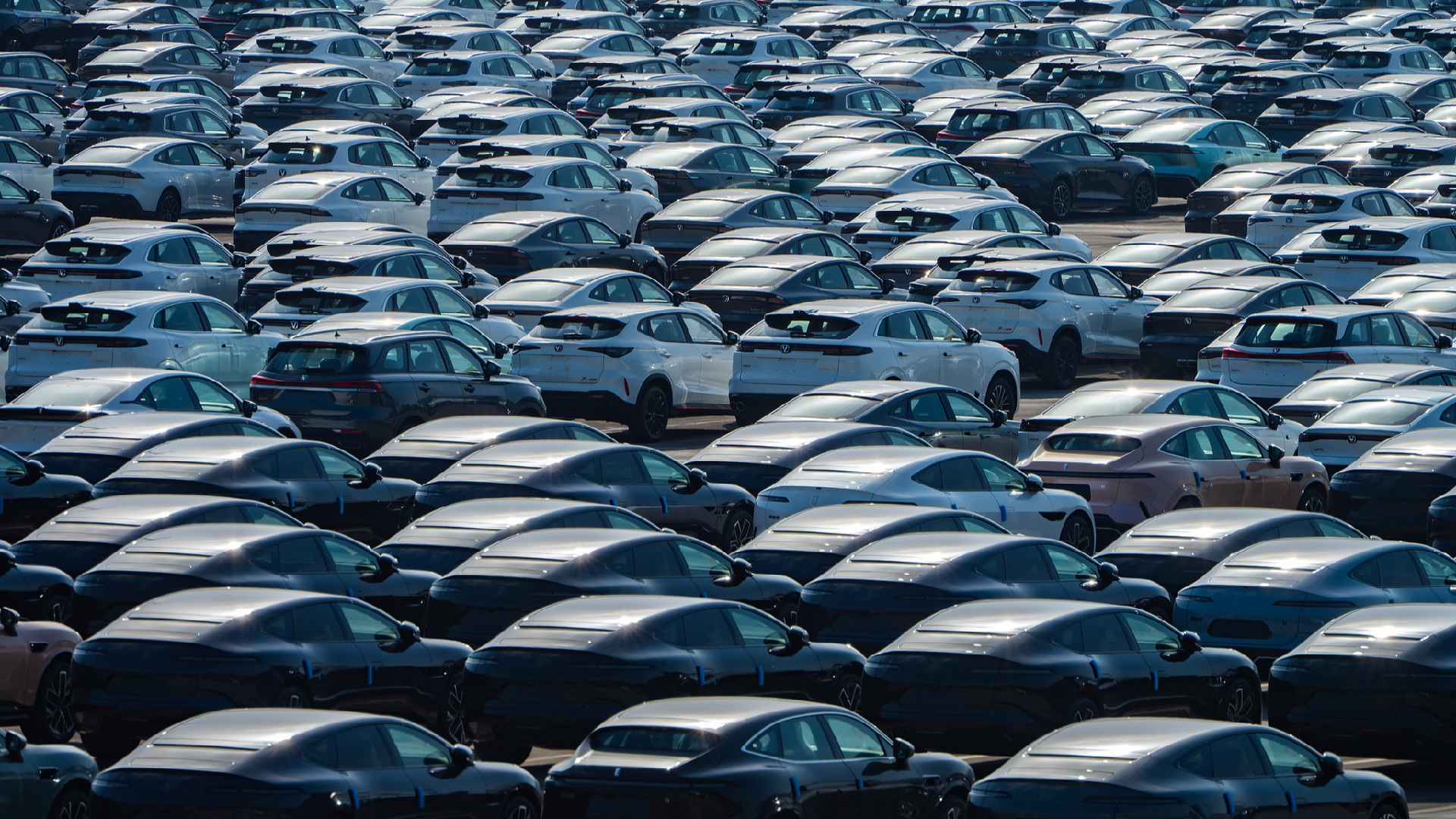China's Ascendance in the EV Market Despite Western Tariff Obstacles
Instead of isolating China's EV industry, promoting collaborative growth may pave the way for a more sustainable and accessible future for everyone.

The European Union's recent imposition of tariffs on Chinese electric vehicles marks a significant escalation in geopolitical tensions within the global automotive market. The EU describes this action as a measure to promote "fair competition," framing it as a response to perceived trade imbalances. However, this move appears more focused on containing China's rapidly expanding influence in the EV sector than on genuine fairness. Often overlooked is the crucial role China plays in fostering innovation, sustainability, and affordable green technology in the global EV landscape.
China's electric vehicle industry has expanded dramatically, producing nearly 10 million EVs in 2023 alone. The nation now represents around 60 percent of global EV sales, with 9 million units sold that year, highlighting both the scale and affordability of Chinese electric vehicles. This achievement is bolstered by advancements in battery technology, government initiatives for environmental progress, and an extensive charging infrastructure. Together, these factors allow Chinese manufacturers to provide high-quality, affordable EVs, enhancing accessibility and promoting clean transportation on a global scale. Despite the EU's protectionist measures, China's EV market has played a vital role in worldwide efforts towards a cleaner future by offering scalable solutions that reduce costs and improve production efficiency—key elements in making electric vehicles accessible across diverse markets.
Leading Chinese EV brands, such as BYD, Nio, and Xpeng, have successfully delivered cost-effective and eco-friendly options that resonate with both domestic consumers and emerging markets. Central to this success is China's significant reduction of battery costs, which can account for as much as 40 percent of an EV's total price. Major Chinese battery producers like Contemporary Amperex Technology Co., Ltd. (CATL) and BYD have driven these efficiencies. For example, CATL supplies over 37 percent of the global EV batteries, making China the largest battery producer, with a remarkable 70 percent share in the production of lithium-ion batteries. These companies have developed batteries that feature higher energy density, faster charging times, and extended lifespans, giving Chinese EVs a competitive edge regarding range and efficiency.
In alignment with national sustainability goals, such as achieving carbon peaking by 2030 and carbon neutrality by 2060, China has invested heavily in EV infrastructure. As of 2023, the country boasts over 5.2 million public charging stations, outpacing the combined total of the United States and Europe. This extensive network not only supports the current fleet of electric vehicles but also encourages new buyers, achieving an impressive 30 percent adoption rate in total vehicle sales in 2023.
Critics from the West, particularly within the EU, argue that China's state-backed subsidies distort competition. However, this perspective fails to recognize the efficiencies and technological advancements that Chinese firms have developed through long-term policy and investment strategies. Chinese electric vehicles typically offer longer battery lives, faster charging times, and more competitive pricing than many Western alternatives, making them attractive to a global audience concerned with both cost and environmental impact.
China's electric vehicle ecosystem has transformed not only its domestic market but has also triggered a worldwide movement toward affordable, clean transportation. Through partnerships in regions such as Southeast Asia, Africa, and Latin America, Chinese EV manufacturers are facilitating technology transfers and building necessary infrastructure to accelerate the global green transition. By exporting not just vehicles, but also expertise, China is laying down a long-term foundation for economically viable and environmentally friendly transportation across the globe. In 2023, for instance, Chinese EV exports surged by 77 percent, according to data from the China Association of Automobile Manufacturers, reflecting burgeoning global demand and China's proactive approach to fostering green partnerships.
The EU's tariffs on Chinese electric vehicles illustrate a preference for short-term protectionism rather than pursuing long-term cooperation in tackling climate change. By acknowledging and embracing Chinese advancements in electric vehicles, the West has a chance to collaborate on innovations that could significantly advance the global transition to green energy. Instead of isolating China's EV industry, fostering a spirit of collaborative growth could lead to a more sustainable and accessible future for all. China's electric vehicle sector exemplifies how strategic investment, technological innovation, and aligned policy can act as catalysts for a cleaner, greener world.
Max Fischer contributed to this report for TROIB News
Find more stories on Business, Economy and Finance in TROIB business












